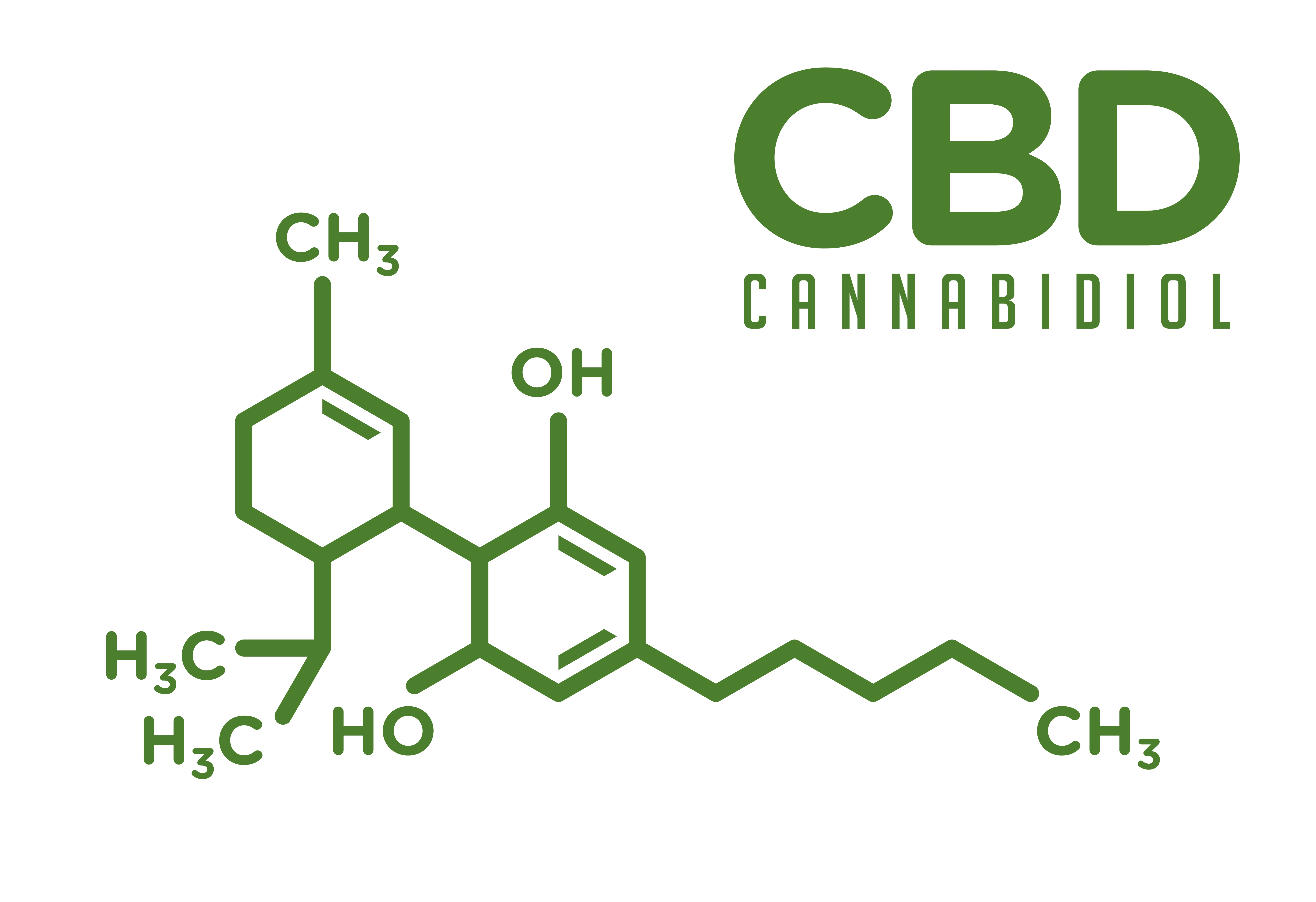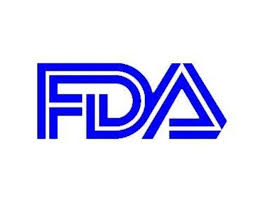
Almost 80 years after industrial hemp became one of the most illegal substances in the United States to grow, handle and consume, prohibition sort of ended after the 2018 Farm Bill was signed into law. Ever since then the CBD industry has boomed and expectations are that the U.S. could eventually represent over 30% of the total global hemp industry. According to New Frontier Data, the hemp-derived CBD industry could be worth $1.3 billion by 2022. In the meantime, CBD companies are popping up everywhere trying to take advantage of the early enthusiasm. Rules and oversight for the CBD industry have not been put together yet by any federal regulatory body though, including the FDA. CBD is reported to have anti-inflammatory properties to help people with chronic pain, anti-anxiety properties for stress and it may be able to treat more severe mental health conditions such as Parkinson’s Disease and even schizophrenia.
 On May 31st, the FDA held its first public hearing about CBD to listen to the opinions of advocates, opponents and companies. The committee had questions of their own concerning all of the claimed benefits of CBD found in marketing material. Many of those claims have little rigorous peer reviewed scientific evidence to back them up. Epidiolex became the first FDA approved cannabis derived pharmaceutical drug in 2018 to treat certain forms of epilepsy, and CBD is its main constituent. This actually poses a problem for the CBD industry since by categorizing Epidiolex as a drug also means CBD is now categorized as a drug. Since this designation occurred before the 2018 Farm Bill was enacted, any company that markets CBD in any way that suggests it is a supplement by adding it to food or oils is in direct conflict with the FD&C Act. A substance that has been labeled a drug by the FDA cannot also be marketed as a supplement.
On May 31st, the FDA held its first public hearing about CBD to listen to the opinions of advocates, opponents and companies. The committee had questions of their own concerning all of the claimed benefits of CBD found in marketing material. Many of those claims have little rigorous peer reviewed scientific evidence to back them up. Epidiolex became the first FDA approved cannabis derived pharmaceutical drug in 2018 to treat certain forms of epilepsy, and CBD is its main constituent. This actually poses a problem for the CBD industry since by categorizing Epidiolex as a drug also means CBD is now categorized as a drug. Since this designation occurred before the 2018 Farm Bill was enacted, any company that markets CBD in any way that suggests it is a supplement by adding it to food or oils is in direct conflict with the FD&C Act. A substance that has been labeled a drug by the FDA cannot also be marketed as a supplement.
However, to look at the CBD industry you might never guess that CBD products are for the sick or those struggling with medical conditions. Diet is an essential part of health and wellness. Most CBD brands look like they offer recreational cannabis products instead of wellness products. Companies are putting cannabidiol into sugar packed candies and media sites are promoting CBD recipes like brownies filled with butter and sugar. In all reality, the healthy people of the world do not show much interest in unhealthy foods either. For the most part, the only alternative for our grandparents, those with medical conditions and the health conscious are plain hemp oils which often do not taste very good. The CBD industry has also been very inconsistent in providing accurate labeling for CBD content or third party lab testing results.
 A cancer survivor named Laura Brenner used hemp oil to help her sleep at night and focus during the day so that her body remained healthy enough to fight off the disease. Based off of her experience and six years later she founded her own CBD company, Sugar and Kush. Her products embody the techniques she used to make CBD oil at home. The CBD gummies and tinctures all come with third party lab tests and a label for dietary information. All products are designed for diabetics, those following the keto diet and people with gluten allergies. It sounds more like what the CBD industry as a whole should look like and it helps put into perspective the grand scale of the challenge set before the regulatory bodies.
A cancer survivor named Laura Brenner used hemp oil to help her sleep at night and focus during the day so that her body remained healthy enough to fight off the disease. Based off of her experience and six years later she founded her own CBD company, Sugar and Kush. Her products embody the techniques she used to make CBD oil at home. The CBD gummies and tinctures all come with third party lab tests and a label for dietary information. All products are designed for diabetics, those following the keto diet and people with gluten allergies. It sounds more like what the CBD industry as a whole should look like and it helps put into perspective the grand scale of the challenge set before the regulatory bodies.



Leave a Reply